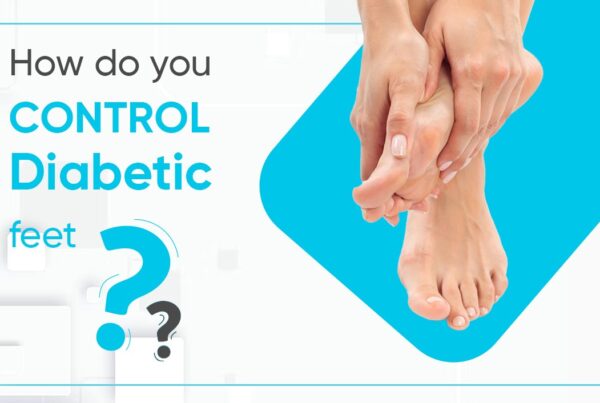Gestational Diabetes – 4 minute read
Gestational diabetes
is a condition in which your blood sugar levels become high during pregnancy. It affects pregnant women who haven’t ever been diagnosed with diabetes. Gestational diabetes is a form of diabetes that develops around the middle of a pregnancy and is often diagnosed in the second or third trimester. It is usually temporary and goes away after your baby is born.
There are two classes of gestational diabetes – A1 & A2
Signs of gestational diabetes include:
Women with gestational diabetes usually don’t have symptoms or may chalk them up to pregnancy. Most find out that they have it during a routine screening.
- Feeling thirsty. You may want to drink a lot more than you usually do. …
- Being tired. If you feel fatigued, even early in the day, it may be more than the strain of being pregnant that’s causing you to be so tired.
- Having a dry mouth.
- Sugar in the urine
- Frequent urination.
- Fatigue.
- Nausea.
- Blurred vision.
- Vaginal, bladder and skin infections.
- Snoring
Gestational Diabetes Risk Factors
You’re more likely to get gestational diabetes if you have faced all this
- If you were overweight before you got pregnant
- Are older than 25
- Have gestational diabetes before
- Have a family member with diabetes
- Have high blood pressure, high cholesterol, heart disease, or other medical complications
- Have blood sugar levels that are higher than they should be but not high enough to be diabetes (this is called prediabetes)
- Have poly-cystic ovary syndrome (PCOS) or another health condition linked to problems with insulin
- Have given birth to a large baby (weighing more than 9 pounds)
- Have had a miscarriage
- Have given birth to a baby who was stillborn or had certain birth defects
- Being pregnant with multiples, like twins or triplets
How can you prevent gestational diabetes or reduce its impact?
- Losing weight before pregnancy.
- Setting a goal for pregnancy weight gain.
- Eating healthy high-fiber, low-fat foods.
- Reducing the size of your food portions.
- Exercising regularly
How can gestational diabetes affect you and your pregnancy ?
With the right management of your gestational diabetes you may not see any effects. Gestational diabetes does however increase the chance of some complications during the pregnancy and in later life.
- Pre-eclampsia – this is a condition which causes high blood pressure in women during pregnancy. Symptoms include swelling, abdominal pain, headaches, change in reflexes, reduced or no urine output, dizziness, excessive vomiting, nausea and vision changes.
- Premature (early) birth
- Induced labour (started artificially)
- Having to have a Caesarean Section
- Developing Type 2 diabetes in later life
- Developing gestational diabetes in future pregnancies
A good care plan and careful management will reduce the risks to you and your baby.
How can gestational diabetes affect your baby ?
► Large baby (Macrosomia) –
If your blood sugar levels are high then your baby will receive more glucose than normal. This causes your baby to grow bigger which can sometimes lead to increased trauma during birth.
► Low blood sugar after delivery –
Once delivery has occurred the level of insulin your baby has been producing might be too high for their needs once they are independent of you. Your baby’s high levels of insulin might cause your baby’s blood sugar to drop too low. This is called hypoglycaemia. Your baby’s blood will be tested soon after birth and treated if it is low. This should correct itself after a short period of time following treatment.
► Stillbirth –
There is a very slight increased risk towards the end of pregnancy.
What will happen after giving birth
After giving birth, most women with gestational diabetes find their blood glucose levels return to normal. You will have your blood tested after birth and in most cases again, 6-12 weeks later, either at your GP surgery or at the specialist diabetes clinic.
Your baby will be at no higher risk of developing diabetes in childhood (Type 1 diabetes) than a baby born to a mother who did not experience gestational diabetes during pregnancy.
Maintaining a healthy weight, eating a well balanced diet and taking regular exercise will help towards keeping diagnosis at bay for as long as possible. Being diagnosed with gestational diabetes might be a little daunting to begin with but you will receive extra care and support from your specialist healthcare team. Gestational diabetes should not stop you from having a happy, healthy pregnancy.









